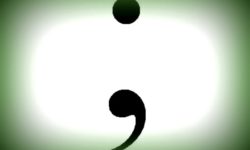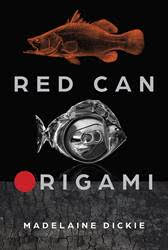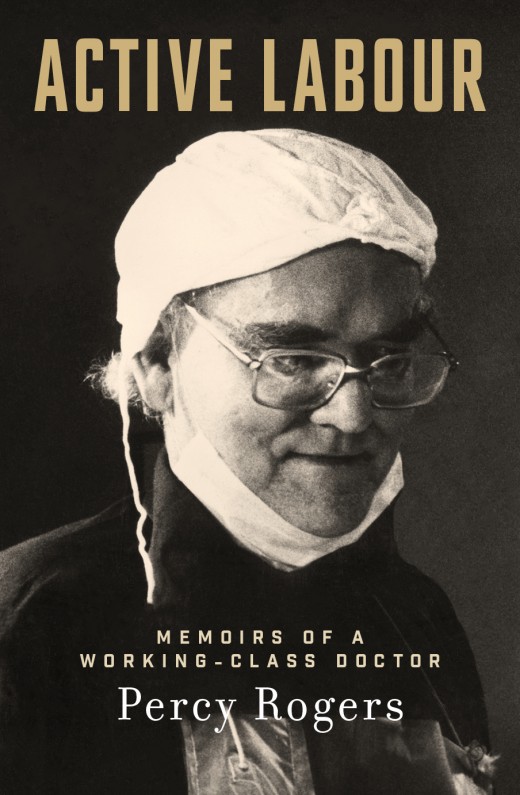
Whenever I’m reading a novel or editing an unpublished manuscript with heaps of dense descriptive text, it’s always a welcome relief to turn a page and see more white than black, which is usually in the form of dialogue. More importantly, successful dialogue excites most readers because it not only advances the story and fleshes out the characters, but enlivens the […]

Although ‘principle’ and ‘principal’ sound the same, as do ‘past’ and ‘passed’, they are often used incorrectly in a sentence. These two pairs of words are called homophones — two or more words that sound the same (identical pronunciation), but have different meanings and sometimes different spellings. The term homophone comes from Greek ‘homo-’ (same) and ‘-phone’ (sound), so the […]

Fictional characters don’t have to be human—they can be forces of nature, such as a hurricane that bears down on a town, or an insidious pandemic. Or a character can be the collective personality of a surging, angry mob, moving and acting as one, protesting or murdering in the streets. Not only acting as a force that antagonises and threatens […]

A few years ago, an author of nonfiction whom I was mentoring as she wrote her new book, shared with me an interview she’d been listening to. The interviewee was Barbara Kingsolver, acclaimed author of historical fiction. Kingsolver was talking about the difference between fiction and nonfiction, and suggested that writing a novel is like creating a garden in the […]

When I am approached by a writer about her or his writing project, I am always curious. I try to gain an understanding of what motivates the author to write about a certain subject or character. Even though there may be a deep desire to write a specific story that focuses on a theme or satisfies a genre that interests […]

Many writers are often unsure whether to hyphenate or not to hyphenate a descriptive word combination in a sentence. We all know there are often exceptions to a ‘rule’ in grammar-talk, and many word combos that have required a hyphen to separate them in the past, such as ‘on-line’, ‘stand-alone’ and ‘proof-reader’, are now morphing into one word. When editing […]

Due to the insidious COVID-19 pandemic, people around the globe are bunkering down to try and stop the coronavirus from spreading further. During May, I am discounting my writing consultancy fees. I want to encourage you to write, or keep writing. If you’re well on the way with your writing project, but it’s been sitting on the back-burner of your […]

These days, according to what I read, there is no doubt that the semicolon is considered old-fashioned and not commonly used in sentence construction. Editors and proofreaders have been known to be severely castigated by authors for adding a semicolon when copy-editing their manuscripts. I don’t use semicolons very often, but there are times when a semicolon is the perfect […]

Silence is a tool that writers of fiction can use to great effect. By silencing a character in a poignant moment, emotion is heightened; interrupting action with silence can magnify drama; allowing a character to inhabit a space devoid of action allows time-out and an opportunity for reflection. For examples of silences in literary writing, seek out authors such as […]

Linking certain words or phrases in a sentence using a ‘dash’ requires careful consideration. On many occasions I have had to explain the misuse of hyphens to act as parentheses — to enclose a word, phrase, or clause — instead of using brackets or em dashes (as used in this sentence). This misunderstanding of the function of the hyphen, which […]













